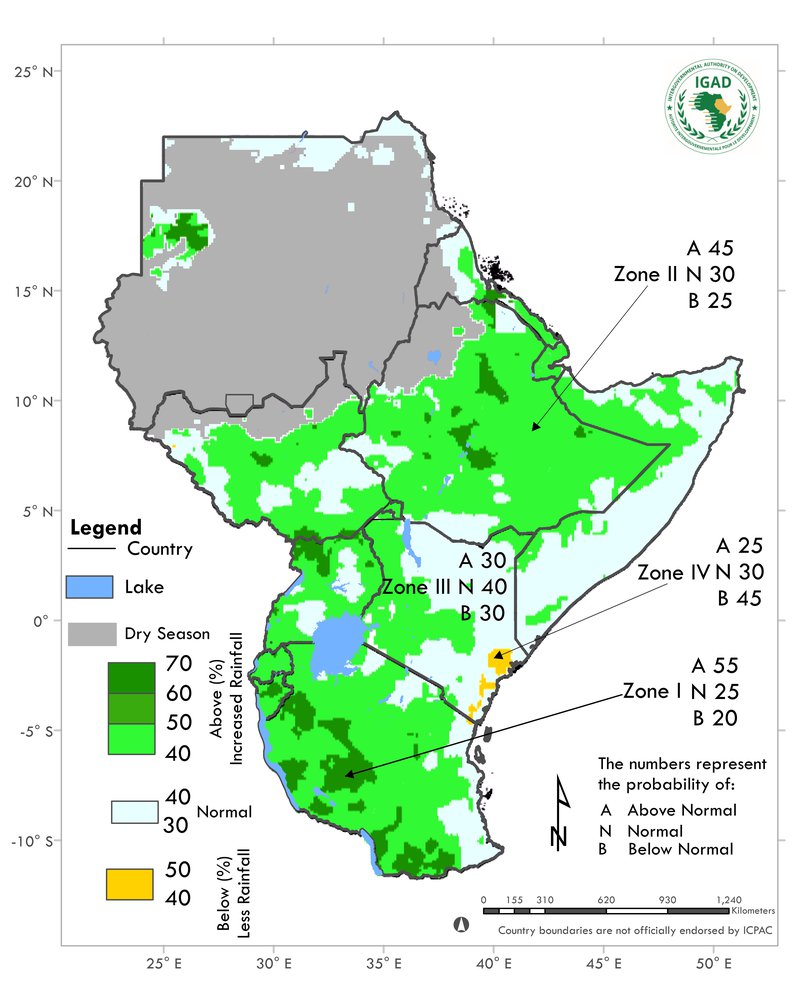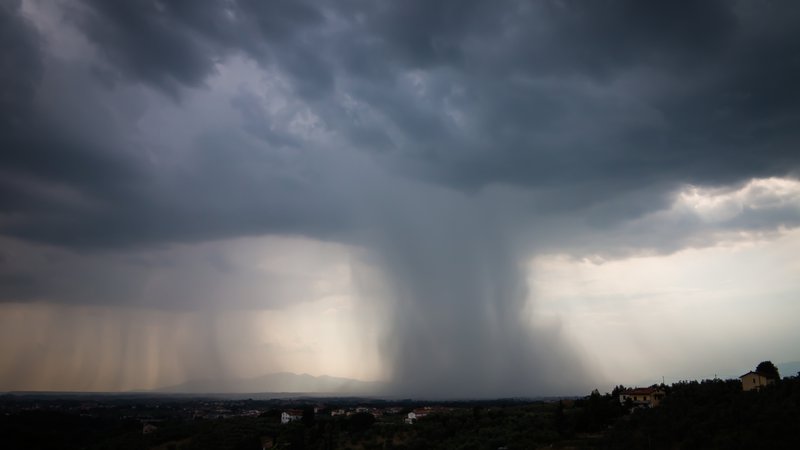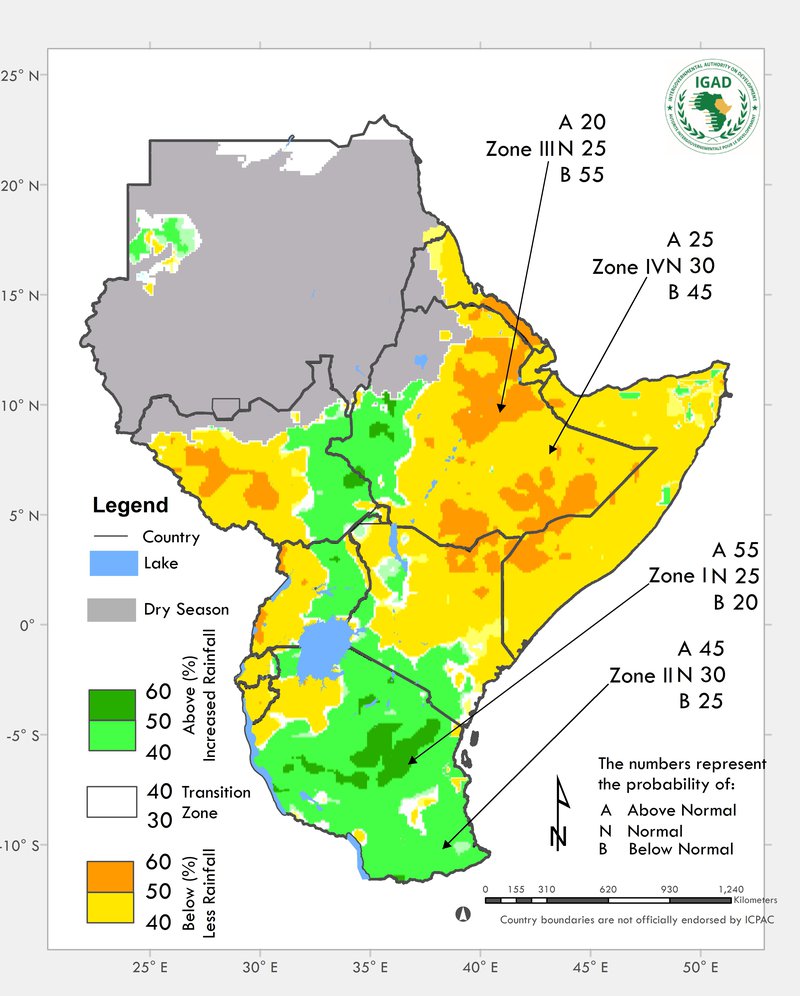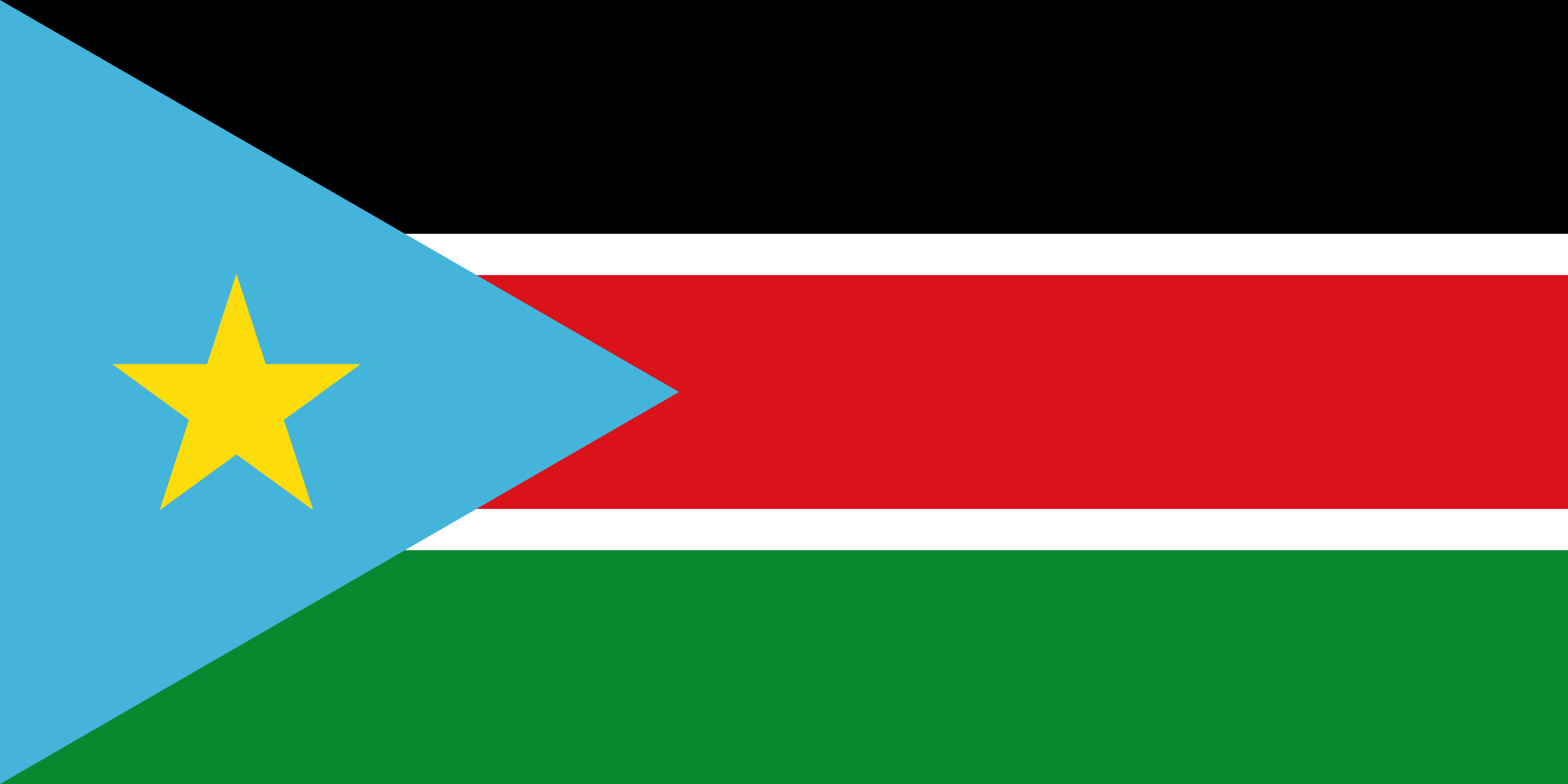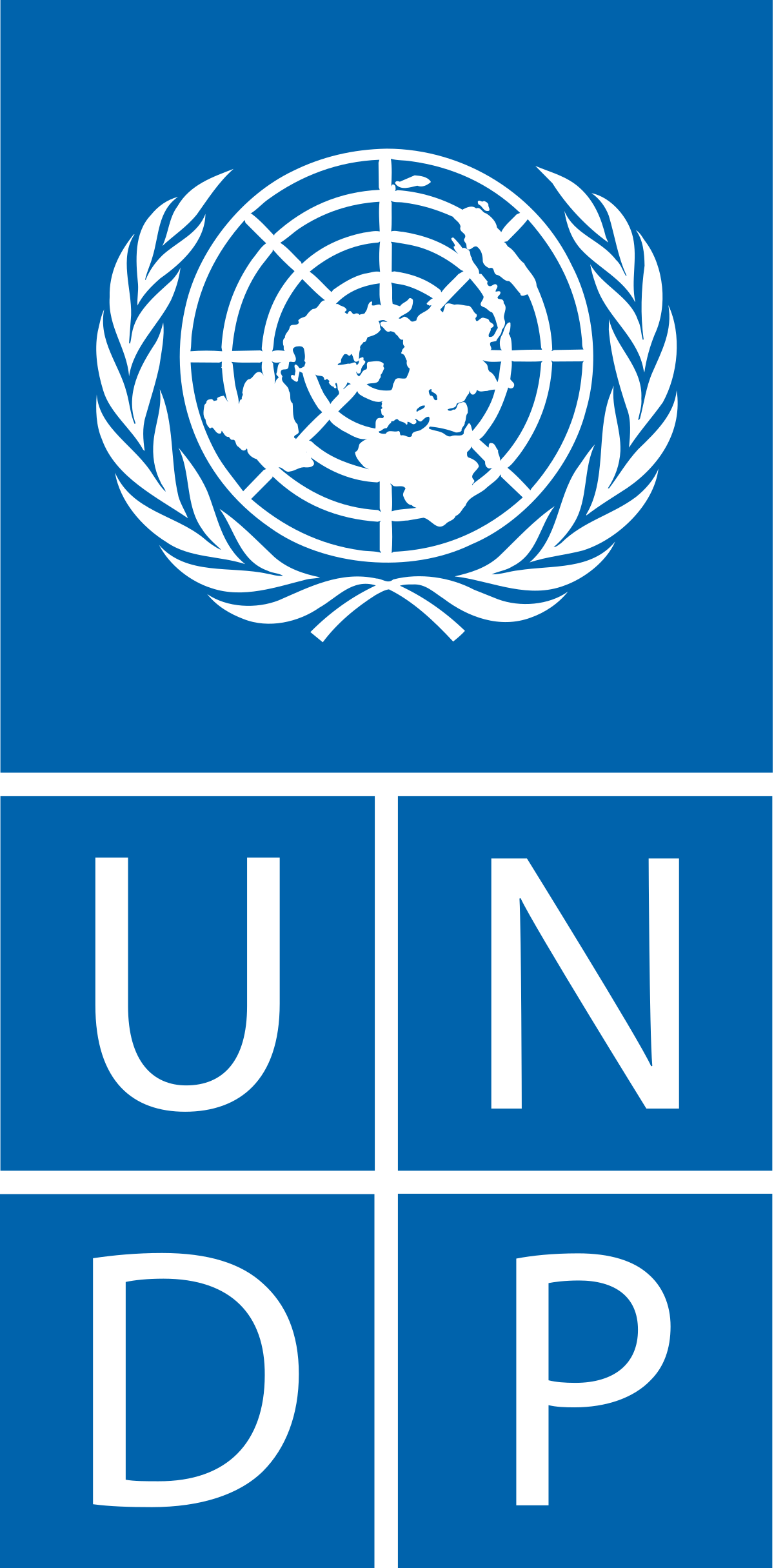Building Climate Resilience
Communities and productive sectors in South Sudan face unprecedented climate impacts yet the Country lacks adequate capacity to monitor, predict, and communicate climate early warning information for preparedness and response. ICPAC, UNDP-SS and MoEF in collaboration with other ministries are jointly implementing the SUSTAIn project. Component 1 of the project focuses on supporting infrastructure and mechanisms for an effective and robust early warning system. The project works to install, test and configure AWS and data management; geospatial mapping, support forecasting capabilities; revive the Multi-Hazard Early Warning Technical Working Group (MHEWTWG); and strengthen engagement through the National Climate Outlook Forum (NCOF).

Our Areas of Work
Data generation, analysis and climate monitoring
ICPAC will support the automation of data acquisition and transmission which reduces human error and will be addressed through the installation of the hydrometeorological stations. This shall be facilitated by the ICPAC technical staff in drawing specifications for Synoptic automatic weather stations (AWSs) for procurement. Additionally, ICPAC will provide a mechanism through which climate data is routinely collected, quality controlled, archived and processed to generate and disseminate climate information and products for planning and decision-making. Quality control on the climatology database will be undertaken.
Early Warning Systems
ICPAC intends to leverage earth observations (EO) to provide an integrative platform for location-based information that helps to understand a wide range of issues and makes it possible to detect, predict and plan responses to events that threaten human safety and ecosystem health including climate-related risks such as droughts and floods. ICPAC will also conduct baseline studies and assessments as a first step to understanding the status of the existing EWS for different types of hazards in South Sudan. It will further develop the Standard Operating Procedures (SOP) to reach the last mile with early warning information for early action.
Capacity building and training
The SUSTAIN project will utilise various methodologies to foster the technical capacity of the relevant national institutions. The capacity-building activities will be guided by a baseline survey to identify the gaps, and priority areas and map timelines for the various intervention programs. This will enhance knowledge management and information sharing on climatic hazards between ICPAC and South Sudan through in-country training.
National Climate Outlook Forums (NCOFs)
ICPAC aims to strenghen and work South Sudan Early Warning Technical Working Group (EWTG) and other stakeholders to reach the last mile with early warning information through HUSIKA mobile application.
Proposed sectors and partners to be involved in this work are not limited to South Sudan Meteorological department; humanitarian affairs (disaster risk reduction); human settlement; water resources, industry, infrastructure, and transportation; South Sudan Ministry of Environment and Forestry, Ministry of Transport, Ministry of Agriculture and Food Security, Ministry of Humanitarian Affairs, Ministry of Water Resources and Irrigation, Ministry of Energy and Dams, Ministry of Land, Housing, and Urban Development, Ministry of Health, Ministry of Livestock and Fisheries, and the Ministry of Roads and Bridges, conservation NGOs; and UNDP- South Sudan.
Latest News
Project Materials
Project Brochure
Latest Events
Latest Updates

Summary for Decision Makers, March to May 2026 Season
Download our Summary for Decision Makers with impacts and advisories for the March-May 2026 season …
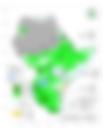
Technical Statement from the 72nd Greater Horn of Africa Climate Outlook Forum (GHACOF72)
March to May (MAM) constitutes an important rainfall season, particularly in the equatorial parts o…
Strengthening Multi-Hazard Early Warning Systems (EWS) and Disaster Risk Management (DRM) in Karamoja, Moyale-Moyale and Mandera Triangle; A Cross-Border Setting
This training manual provides practical guidance on strengthening Multi-Hazard Early Warning System…

The South Sudan Roadmap on Anticipatory Action 2025-2030
The South Sudan Roadmap on Anticipatory Action 2025-2030 (SSRAA) represents a major milestone in th…

